 Import News
Import News
 2025-05-23
2025-05-23
As we delve into the complexities of the global tobacco trade, understanding the import data of Japanese cigarettes becomes crucial for stakeholders in the tobacco industry. This article will explore the latest trends, key players, and the economic impact of cigarettes imports, focusing on Japanese cigarettes imports in 2024.

In 2024, Japan's cigarette imports experienced a notable increase. According to the United Nations COMTRADE database, Japan imported tobacco and manufactured tobacco substitutes valued at approximately US$4.71 billion during 2024. This reflects a slight growth compared to previous years.
Additionally, data from the Observatory of Economic Complexity indicates that in July 2024, Japan's imports of rolled tobacco amounted to ¥19.5 billion, marking a 13.7% increase from ¥17.2 billion in July 2023.
The primary sources of Japan's tobacco imports include Indonesia, Serbia, South Korea, Switzerland, and Lithuania. Notably, there was a significant rise in imports from Indonesia (¥8.42 billion, up 219%) and Turkey (¥708 million, up 1,130%) in July 2024 compared to the previous year.
Despite these increases, forecasts suggest a declining trend in tobacco imports over the next five years. A report indicates that Japan imported approximately 1.751 million kilograms of cigarette or pipe tobacco and tobacco substitute mixes in 2023, with expectations of a consistent annual decrease of about 3.5% to 4% through 2028.
This projected decline aligns with broader regional trends in the Asia-Pacific market, where tobacco imports fell by 13.1% in 2024. Factors contributing to this downturn include shifting consumer preferences towards alternatives like heated tobacco products and vaping, as well as increasing public health awareness and regulatory measures.
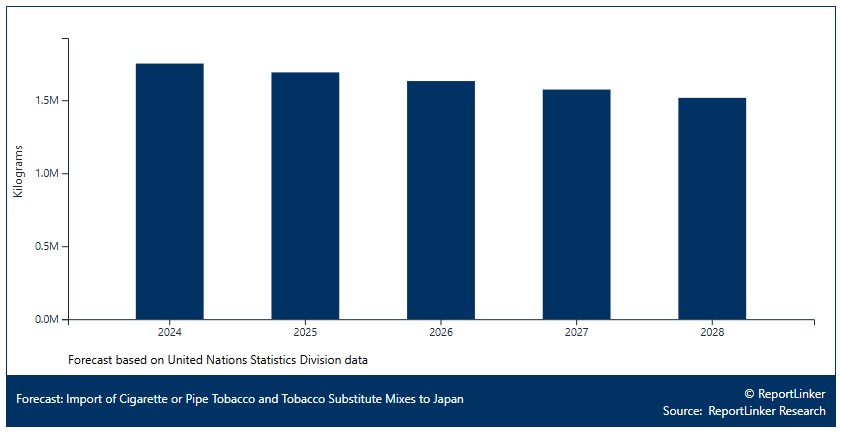
>>>> Report of Japanese cigarettes imports <<<<
How can Tendata help expand your business?
1. Identify New Buyers and Suppliers
By analyzing who's importing or exporting specific products, you can uncover potential customers or partners that are already active in your industry.
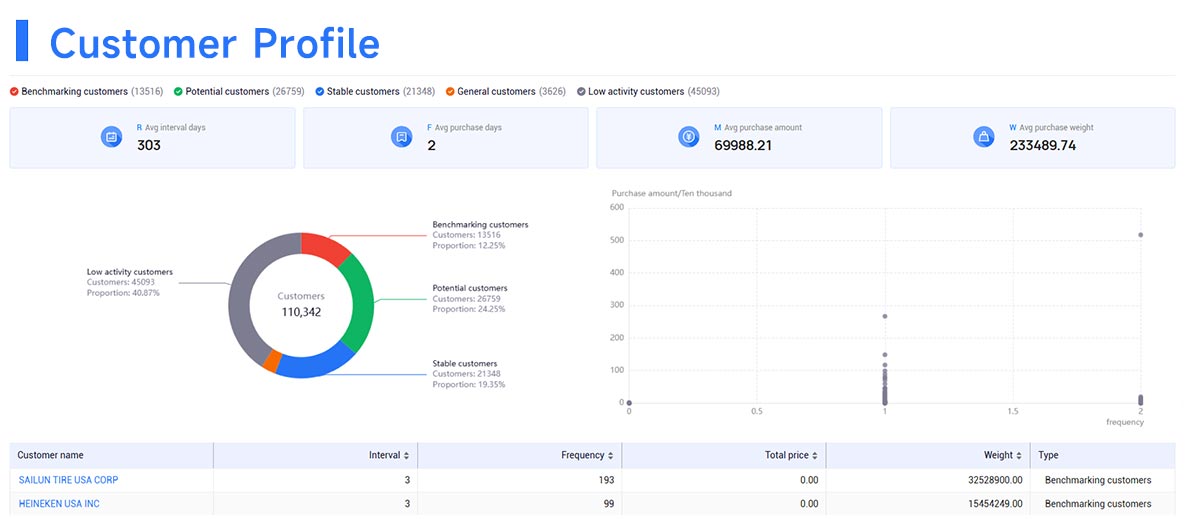
2. Monitor Competitors
See who your competitors are shipping to, how frequently they're trading, and what kind of products they're moving. This helps you benchmark your performance and adjust your pricing or strategy accordingly.
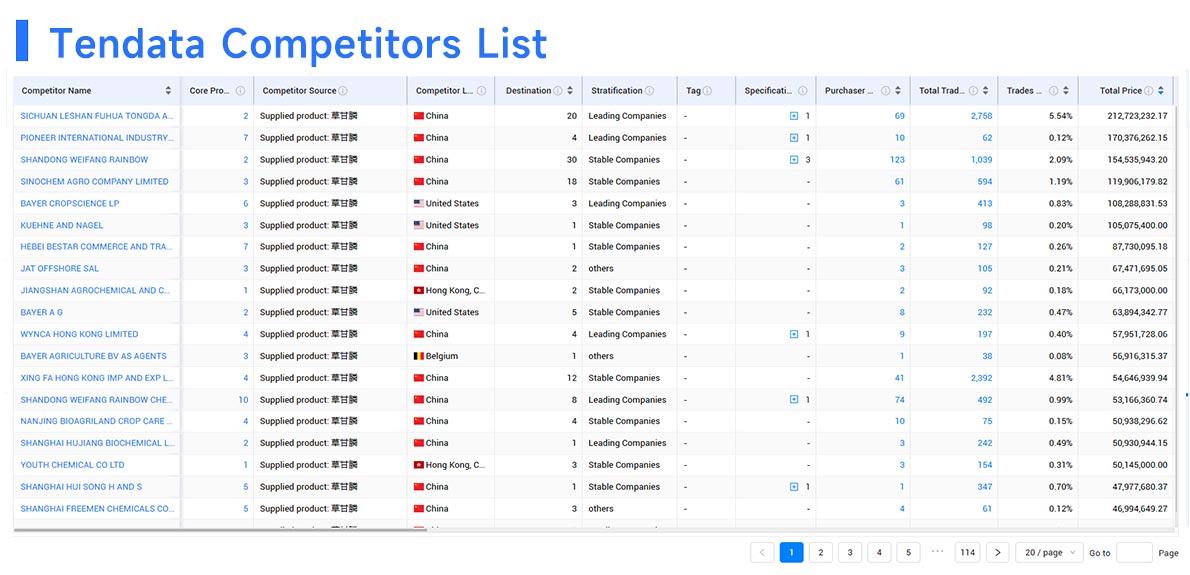
3. Track Market Trends
Know which products are in demand, what markets are growing, and how trade patterns are shifting. This allows you to plan better inventory, forecast sales, or enter new markets confidently.
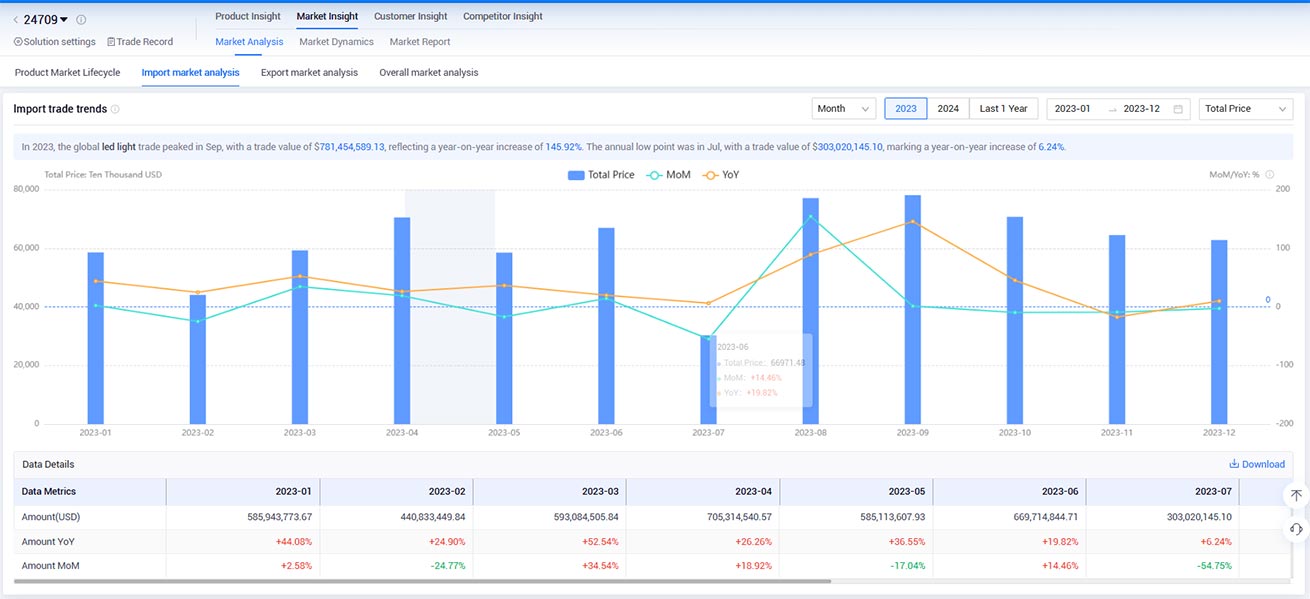
4. Reduce Risk in Supplier Selection
By checking a supplier's export history, you can determine if they're credible, experienced, and consistent — before making a deal.
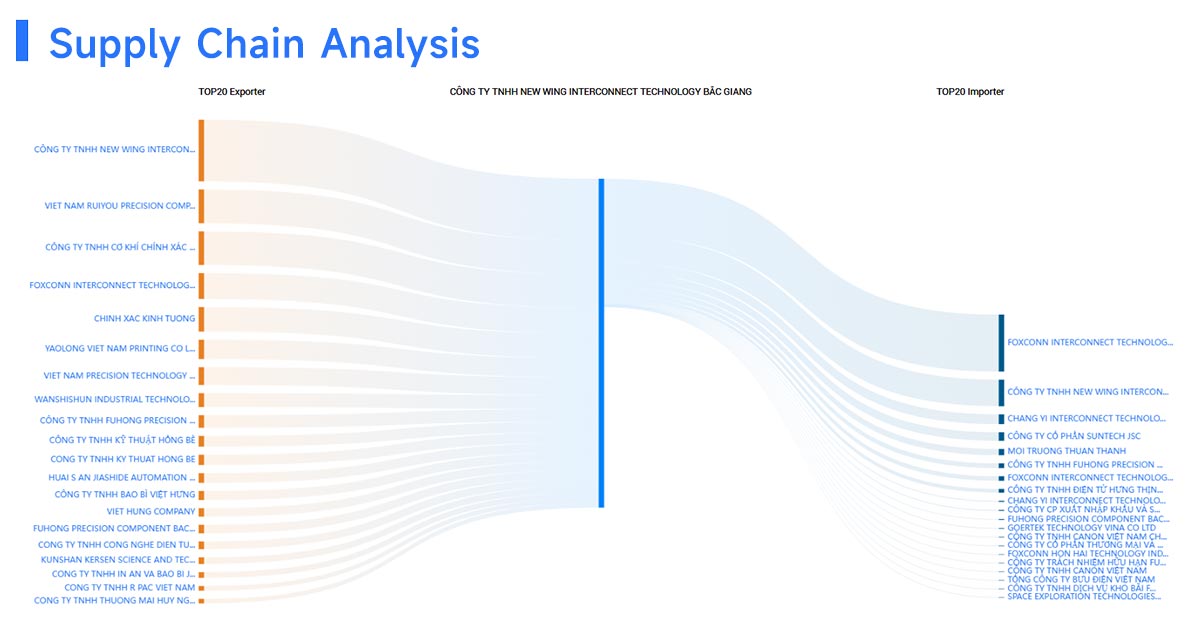
>>>> Get Report of Japanese cigarettes imports <<<<

Category
Leave Message for Demo Request or Questions


 T-info
T-info T-discovery
T-discovery

 My
Tendata
My
Tendata Market Analysis
Market Analysis Customer
Development
Customer
Development Competitor
Monitoring
Competitor
Monitoring Customer Relationship
Customer Relationship





































































































































